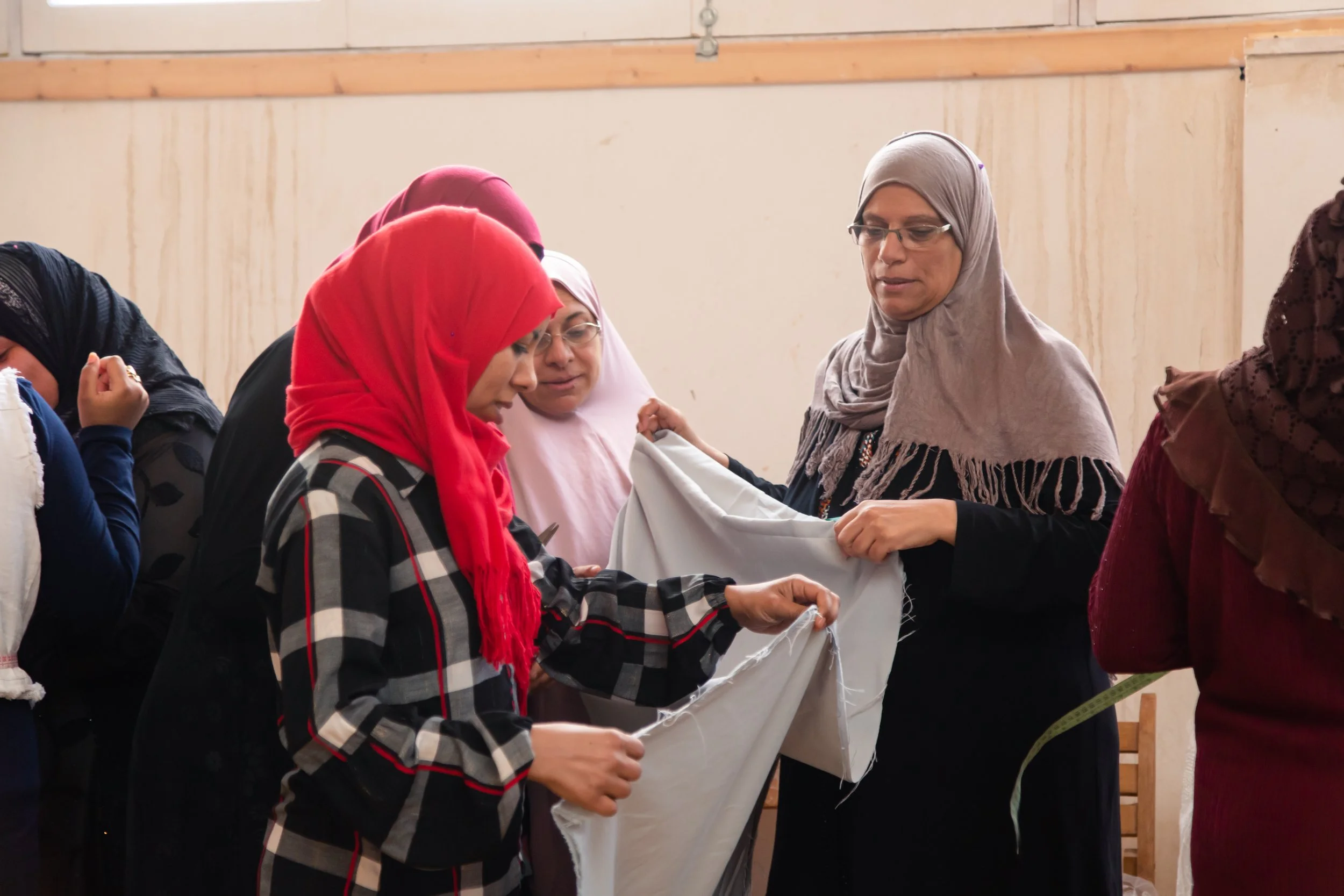The Value of Intercultural Exchange
2022
Exploring opportunities, barriers, and impacts of international exchange and intercultural learning for young people, educators, and communities across the UK.
Project resources
Internationalism reportOver 12 months, Shortwork worked with the British Council to explore the opportunities, barriers, and impacts of international exchange and intercultural learning across the UK. Our research covered nine case study areas - Belfast, Cardiff, Wrexham, Glasgow, Durham, Coventry, Manchester, Plymouth, and North East Lincolnshire/Nottinghamshire - and included 47 interviews with local practitioners and stakeholders.
Our Approach
Carried out in-depth case studies in urban and rural locations across the UK.
Conducted interviews with at least four participants per case study area, including educators, programme managers, young people, and internationalism champions.
Analysed barriers and enablers to internationalism, including funding, curriculum integration, digital engagement, and accessibility for disadvantaged groups.
Synthesised lessons across regions to inform policy, programme design, and practical guidance for organisations.
Key Findings
Defining Internationalism: International opportunities extend beyond school trips to include youth work, arts, and community initiatives. Virtual and local “internationalism at home” activities are increasingly important.
Supporting Internationalism: Success depends on supportive national and local bodies, champions within organisations, and cross-sector collaboration.
Effective Programme Design & Delivery: Pre-departure preparation, post-activity reflection, co-production, and ethical partnerships are key. Online engagement complements in-person experiences.
Benefits of Participation: Young people develop confidence, independence, intercultural skills, and ambition. Disadvantaged participants gain motivation and access to opportunities they may not otherwise have.
Measuring Impact: Both qualitative and quantitative data are needed to demonstrate benefits and inform future programme development.
Recommendations and Key Learning
Networks & Collaboration: Local and regional networks strengthen partnerships, enable resource sharing, and support cross-sector learning.
Curriculum Integration: Embed languages and global perspectives in schools; link internationalism to national curriculum goals.
Language & Skills: Promote bilingualism, language competency, and mentoring schemes; provide CPD for teachers.
Inclusive Access: Target opportunities for disadvantaged young people and youth/community arts programmes.
Programme Design: Pre-departure preparation, reflection, ethical partnerships, and co-production enhance outcomes.
International Links: Facilitate long-term collaborations abroad and showcase successful programmes.
Arts & Culture: Expand international opportunities for artists; involve frontline creatives in funding decisions.
Support for Smaller Organisations: Multi-year funding, guidance, workshops, and help with visas/work permits improve access.
Resources & Accessibility: Make guides and tools widely available to schools, students, and practitioners.
These recommendations align with the Internationalism Alliance pledge to provide every child and young person in the UK with the opportunity to engage with global learning and intercultural experiences.
“Internationalism boosts self esteem and confidence in working in situations which are unfamiliar. It develops presentation skills, it builds on lots of other aspects around teamwork, problem solving and resilience. Young people who take part come away with a skill set and sense of achievement that makes it easier for them to be part of that broader global community. .”
Secondary school teacher, County Durham






